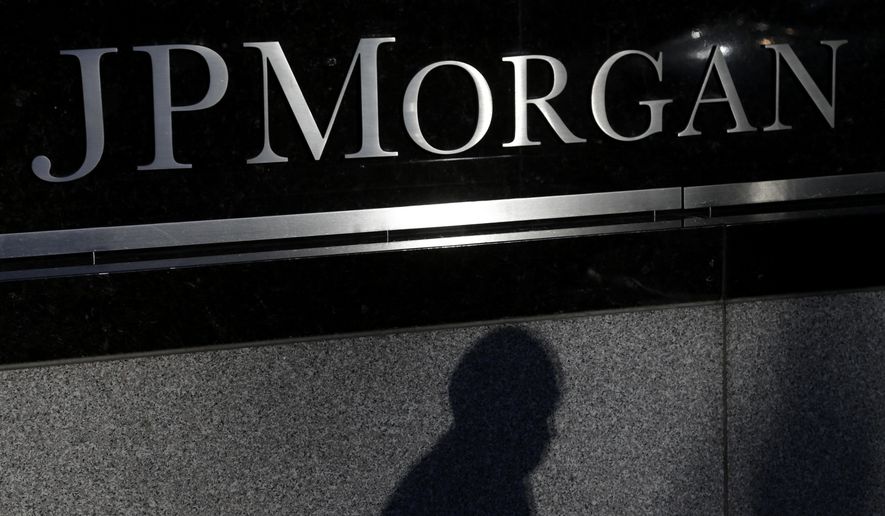Federal prosecutors on Tuesday linked two Israelis and two Americans with a yearslong scheme involving cyberattacks against major banks, stock manipulation, multinational money laundering and the hacking of JPMorgan Chase — “the largest theft of customer data from a U.S. financial institution in history,” according to government attorneys.
Gery Shalon and Ziv Orenstein of Israel were charged alongside Joshua Samuel Aaron, an American, in a 23-count indictment unsealed in the Southern District of New York which includes charges of computer hacking, securities fraud, wire fraud, identity theft, illegal Internet gambling and conspiring to commit money laundering.
According to authorities, the string of bank-related hacks allowed them to steal the information of more than 100 million people and earn immense illegal profits.
“This was hacking as a business model,” U.S. Attorney Preet Bharara said in a statement, adding that the accused had committed “securities fraud on cyber steroids” to expand a sprawling enterprise that netted hundreds of millions of dollars for the hackers between 2012 and 2015.
While the identities of the group’s targets were not released by authorities, victims have since been revealed to include JPMorgan Chase, The Wall Street Journal, E-Trade and Scottrade. In all, the hackers are charged with cybercrimes which affected the financial sector, publishers and software makers, including the breach that compromised the personal records of some 83 million JPMorgan customers in 2014.
“We appreciate the strong partnership with law enforcement in bringing the criminals to justice,” JPMorgan Chase, America’s largest bank, said in a statement. “As we did here, we continue to cooperate with law enforcement in fighting cybercrime.”
SEE ALSO: Arrests in U.S., Israel reportedly tied to JPMorgan hack
Separately, a second, superseding indictment was unsealed on Tuesday against Anthony Murgio of Florida that links him to the trio. Mr. Murgio had been arrested earlier this year after being charged with counts related to running an unlicensed money transmitting business in connection with an online Bitcoin exchange, Coin.mx.
Mr. Shalon owned and controlled that exchange, according to prosecutors, and used it in violation of federal anti-money laundering laws. Authorities declined to say during a press briefing Tuesday on the new charges if he is cooperating with their probe.
Through 75 shell companies spread across more than a dozen countries, prosecutors said the three men charged in the 23-count indictment moved hundreds of millions of dollars they had generated by manipulating stocks with “pump and dump” schemes aided by corporate information stolen during the cyberattacks.
“We buy them [i.e., stocks] very cheap, perform machinations, then play with them,” Mr. Shalon told a co-conspirator, according to investigators.
When asked whether trading stocks was a popular pastime in America, Mr. Shalon supposedly replied: “It’s like drinking freaking vodka in Russia.”
“The charged crimes showcase a brave new world of hacking for profit,” said Mr. Bharara, the government’s attorney. “It is no longer hacking merely for a quick payout, but hacking to support a diversified criminal conglomerate.”
Mr. Shalon and Mr. Orenstein were arrested in Israel in July and their extradition is currently being sought. Mr. Murgio was apprehended in July pursuant to the first charges being filed and posted $100,000 bail; he is expected to soon be arraigned for the new charges.
Mr. Aaron, meanwhile, was at large as of Tuesday evening and is wanted by the FBI and Secret Service.
• Andrew Blake can be reached at ablake@washingtontimes.com.




Please read our comment policy before commenting.